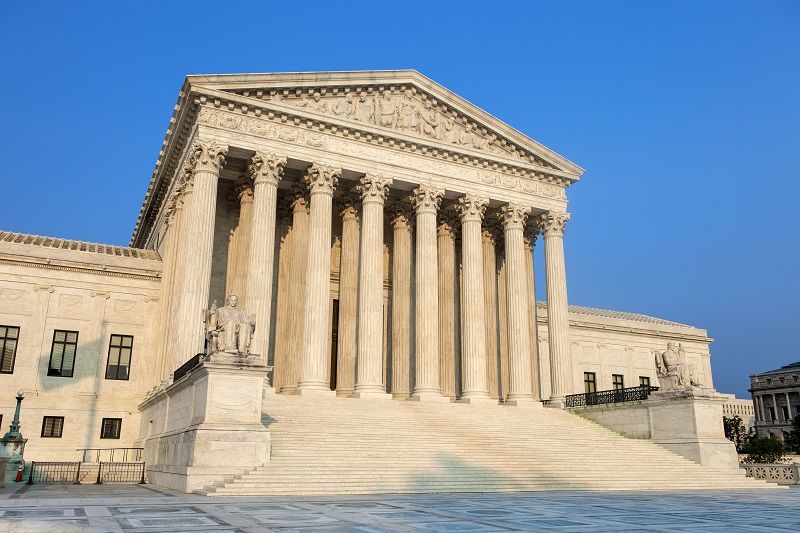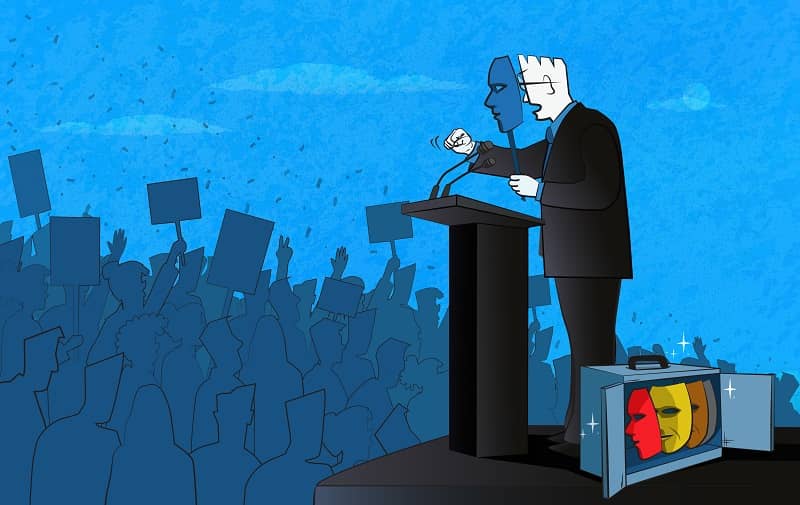![]() Click here to read this Commentary in PDF format
Click here to read this Commentary in PDF format
Summary
The Unemployment Compensation Extension Act (H.R. 6867) expands unemployment benefits to up to 59 weeks in Oregon. Unfortunately, paying workers not to work longer helps neither the economy nor workers, who lose incentive to go back to work as soon as possible.
Commentary
As the unemployment rate has increased in tandem with the decline in the economy, extensions to government Unemployment Insurance (UI) benefits have been proposed both to support those out of work and to provide an economic stimulus. However, the value of this program to rejuvenating the drooping economy is highly questionable, and the incentives provided to unemployed workers in the program serve only to make a bad situation worse.
The Unemployment Compensation Extension Act (H.R. 6867) expands Emergency Unemployment Compensation to 20 weeks nationwide, with 13 additional weeks of benefits for individuals in states with high unemployment rates. So, with federal funds, unemployed workers now may receive UI benefits for up to 59 weeks, instead of most states’ standard 26 weeks.
While Emergency Unemployment Compensation is available in all states, including Oregon, Oregon also has an additional Extended Benefits program once the Emergency Unemployment Compensation becomes exhausted.
The theory behind extending UI benefits is that unemployed workers will spend all their additional income from UI compensation, increase consumption, and boost aggregate demand, providing significant economic stimulus. Economists in the 1960s thought UI could function as an important automatic stabilizer. However, research in the 1970s, both at the national and the state level, showed that at best, UI plays a very small role in stabilizing the economy. Despite these findings, a more recent study conducted by economist Mark Zandi in 2004 motivated Congress to extend UI benefits to 46 weeks. Zandi’s study claimed that each dollar in additional UI spending increases gross domestic product (GDP) by $1.73.
This claim is flawed due to two false assumptions. First, additional UI income does not necessarily lead to new consumption, as assumed by the theory. Microeconomic research demonstrates that unemployed households do not consume more. In fact, UI benefits indirectly fund some additional saving. As UI benefits replace only a portion of lost wages, unemployed workers tend to save more and to consume less.
Second, the assumption that unemployment insurance does not change workers’ behavior is faulty. A number of research studies, including one conducted by Larry Katz, the chief economist for the Department of Labor in the Clinton Administration, found that workers with extended UI benefits remain unemployed longer.
This brings us to a bigger problem: Extending benefits will lead to an increase in the unemployment rate. According to Professor Robert Hansen, senior associate dean of Dartmouth’s Tuck School of Business, higher UI benefits mean that some people will leave jobs they would not have been willing to leave otherwise, and that they will be willing to remain unemployed longer.
Analysts at The Heritage Foundation recently used a sophisticated macroeconomic model to estimate the full effects of extending UI benefits. The model predicts that the twenty-week extension will lead to a rise in the unemployment rate by an additional 0.06 percentage point, to a total of 0.22 percent increase in unemployment.
The point Congress has missed is that extended unemployment benefits provide little economic stimulus because paying workers not to work longer does not really do anything either for the economy or for workers who lose the incentive to look for work as soon as possible. Instead of helping the economy, extending UI benefits will stimulate higher unemployment, lower national production, and more government waste.











